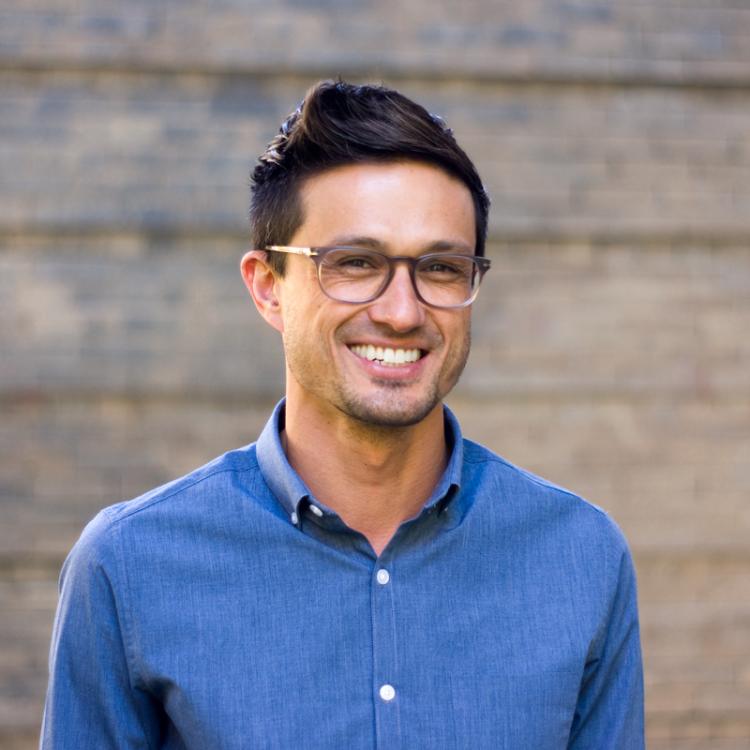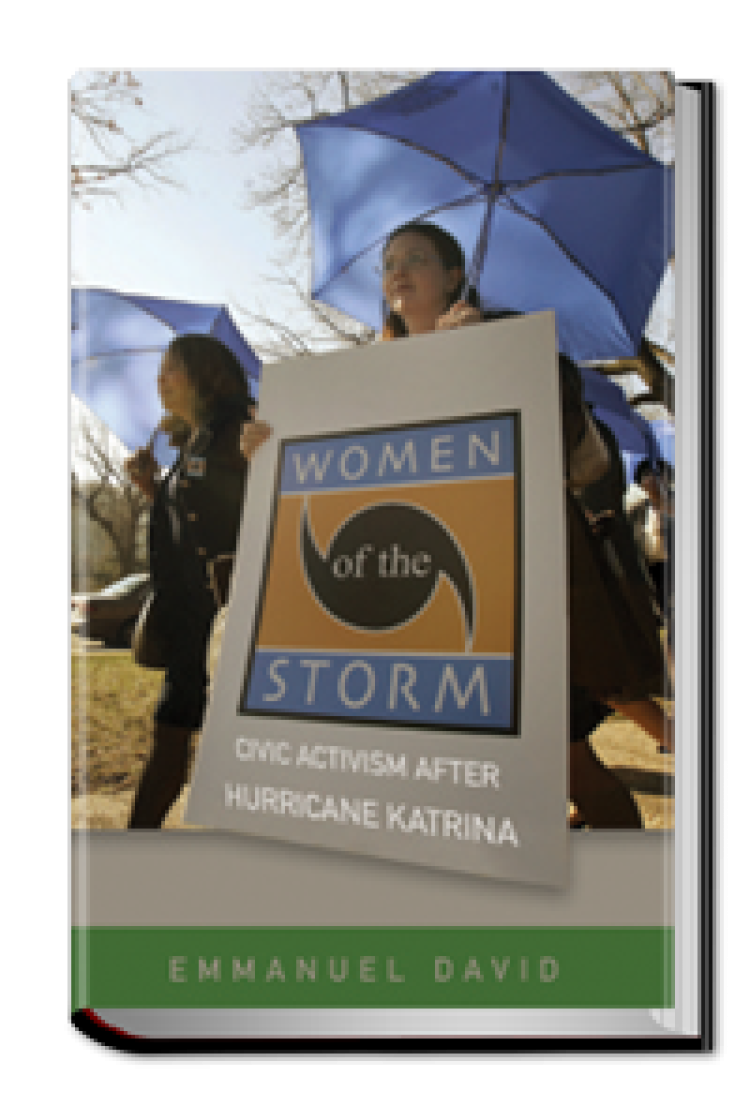New Book Release: Women of the Storm

Dr. Emmanuel David
Having attended Loyola University as an undergraduate, Dr. Emmanuel David was personally impacted by the reports that Hurricanes Katrina and Rita had hit New Orleans in the summer of 2005. He was then working on his PhD in Sociology at CU Boulder and found himself searching for news from his friends and looking for a way to return to help participate in the recovery. Finding a position as a research assistant on an NSF-funded research project, David traveled to interviewed disaster survivors at a Red Cross emergency shelter beginning in September of that year. This is where he began to notice the efforts of the displaced residents to organize and shifted the focus of his fieldwork to the emergence of collective action groups in response to the disaster.
Through building relationships with storm survivors, David discovered and documented the workings of the emerging community-based activism. By January of 2006, David had learned of a new group of women working together to draw attention to the needs of storm survivors and the reconstruction of the Gulf Coast - Women of the Storm. "I didn't know it then," David writes "but this small group of women leaders would arguably become among the most powerful and influential in Louisiana's history, contributing in countless ways to the rebirth of New Orleans after one of the greatest catastrophes of our time." In Women of the Storm: Civic Activism after Hurricane Katrina, David draws on in-depth interviews, ethnographic observation, and archival research, telling a compelling story of collective action and personal transformation that expands our understanding of the aftermath of a historic American catastrophe.

Women of the Storm: Civic Activism after Hurricane Katrina
Dr. Emmanuel David
University of Illinois Press, 2017
"Women of the Storm pulls back the analytical curtain on one of the most unusual post-Katrina political movements. Drawing on firsthand observations and in-depth interviews, David reveals how privileged white New Orleans women used their philanthropic and volunteer skills to create a genuinely interracial alliance that could effectively pressure members of Congress to invest in the city’s and the whole coastal region’s revival. Here is a book for anyone doing intersectional digging into gendered social movements, congressional lobbying, or postdisaster politics.”—Cynthia Enloe, author of Seriously! Investigating Crashes and Crises as if Women Mattered

